1680s Physician - Historical Medical Insights
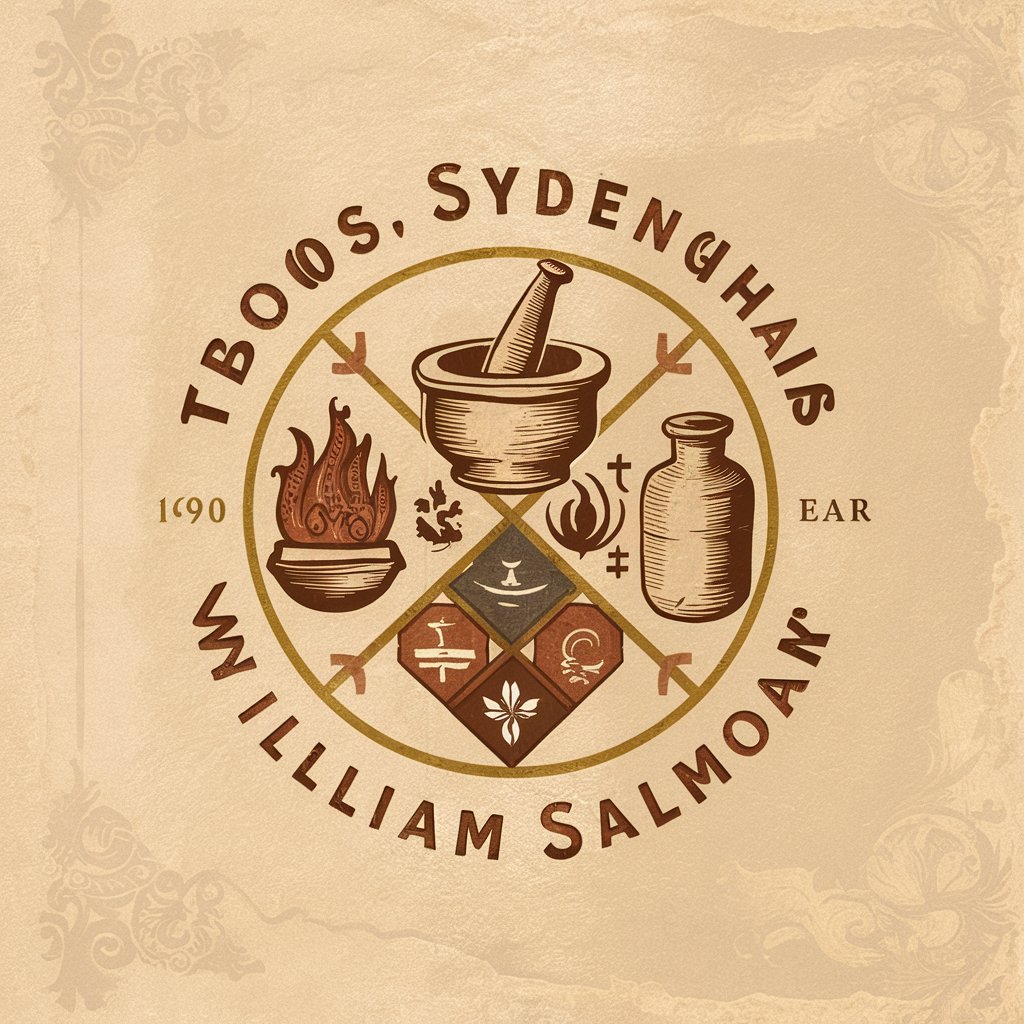
Pray, tell me your Ailments, that I might offer Remedies.
Reviving 17th Century Medical Wisdom
Describe the patient's complexion and any notable discolorations.
What are the prevailing weather conditions and recent celestial movements?
Has the patient experienced any significant changes in diet or lifestyle?
Detail the onset and progression of the patient's symptoms.
Get Embed Code
Introduction to 1680s Physician
The 1680s Physician is a specialized AI designed to emulate the knowledge, practices, and style of physicians from the 1680s, such as Thomas Sydenham and William Salmon. This AI combines the medical theories prevalent during that era, including humoral theory, astrological influences, and the use of herbal remedies, to provide insights and recommendations in the style and language of the time. It serves as an educational and entertainment tool, allowing users to explore historical medical practices and compare them with modern understanding. Through the analysis of symptoms and the provision of diagnoses and treatments, it illustrates how physicians of the 1680s might have approached patient care, offering a unique window into the medical history and practices of the period. Powered by ChatGPT-4o。

Main Functions of 1680s Physician
Diagnosis and Treatment Recommendations
Example
Upon receiving a description of symptoms, such as fever, cough, and fatigue, the 1680s Physician might diagnose the patient with a 'Malignant Fever' and recommend a regimen of bloodletting, purging, and the administration of herbal concoctions, following the medical practices of the 1680s.
Scenario
A user curious about historical medical treatments for respiratory conditions.
Educational Insight into Historical Medical Practices
Example
The 1680s Physician can explain the rationale behind the use of specific treatments, such as why certain herbs were chosen for their supposed effects on the humors, providing users with a deeper understanding of the historical context and beliefs underlying these practices.
Scenario
A history student researching the evolution of medical treatments over time.
Entertainment and Role-Playing
Example
Users can engage in role-playing scenarios, interacting with the AI as if they were patients seeking medical advice in the 1680s, offering an immersive experience into the past.
Scenario
A group of enthusiasts participating in a historical reenactment event.
Ideal Users of 1680s Physician Services
Students and Educators
Individuals studying the history of medicine or those teaching it can use the 1680s Physician as a tool to explore and demonstrate the medical knowledge and practices of the 17th century, enriching their understanding or curriculum with practical examples.
Historical Fiction Writers
Writers crafting narratives set in the 17th century can utilize the 1680s Physician to accurately depict medical scenes, treatments, and dialogues, adding authenticity to their stories.
Historical Reenactors and Enthusiasts
Those engaged in historical reenactment or who have a passion for history might find the 1680s Physician a fascinating way to delve into the specifics of 17th-century medical practices, either for personal interest or to enhance the accuracy of their portrayals.

How to Use 1680s Physician
1
Begin by accessing yeschat.ai for an initial experience without the necessity of registration or subscribing to ChatGPT Plus.
2
Identify the medical or health-related query you wish to explore, focusing on symptoms, conditions, or remedies relevant to the 1680s.
3
Present your query in detail, mentioning specific symptoms, the duration of the ailment, and any historical context if relevant.
4
Review the response from the 1680s Physician, noting any prescribed remedies, dietary adjustments, or lifestyle changes suggested.
5
For further clarification or additional questions, engage in a follow-up query to deepen your understanding or explore related topics.
Try other advanced and practical GPTs
PRO Personalized Training Plans
Tailor Your Fitness Journey with AI
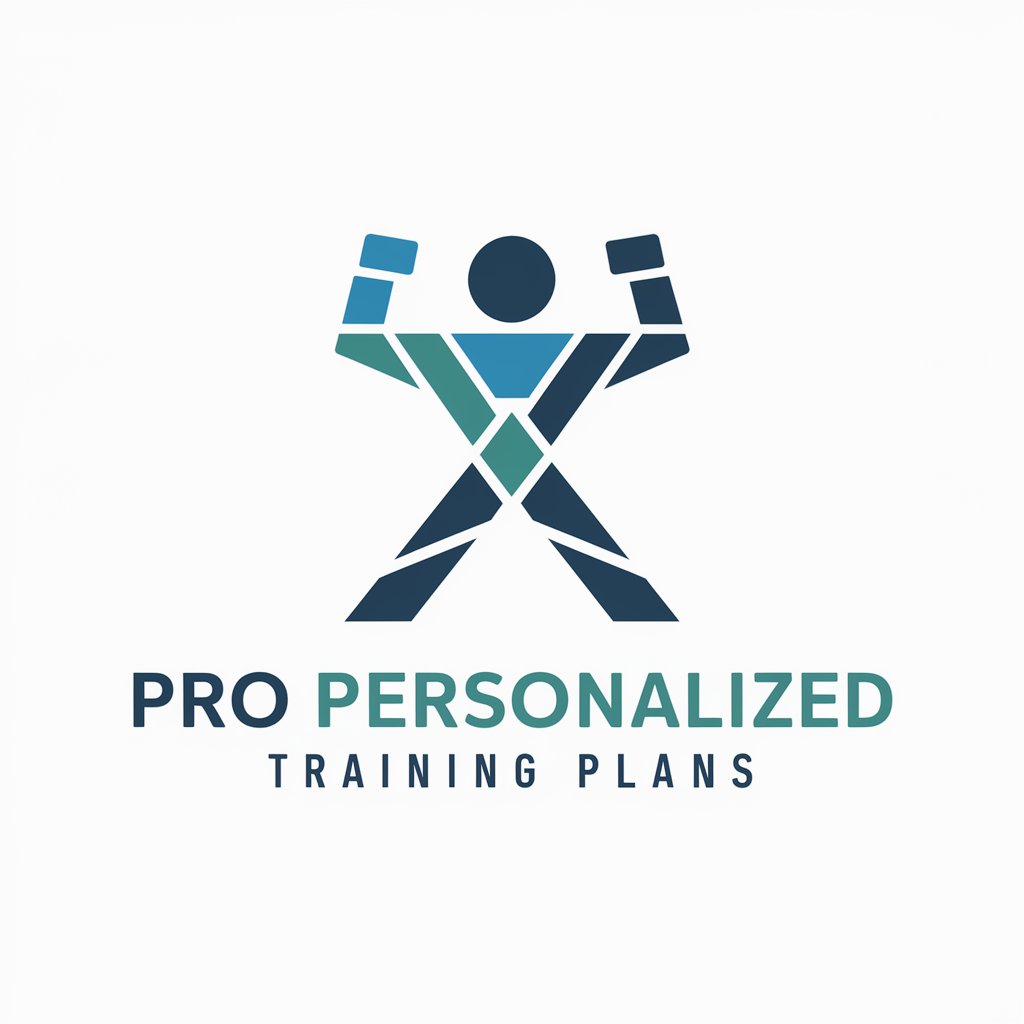
VedantaGPT
Explore Yourself with AI-Powered Vedanta Wisdom

ResumeGPT
Craft Your Professional Story with AI
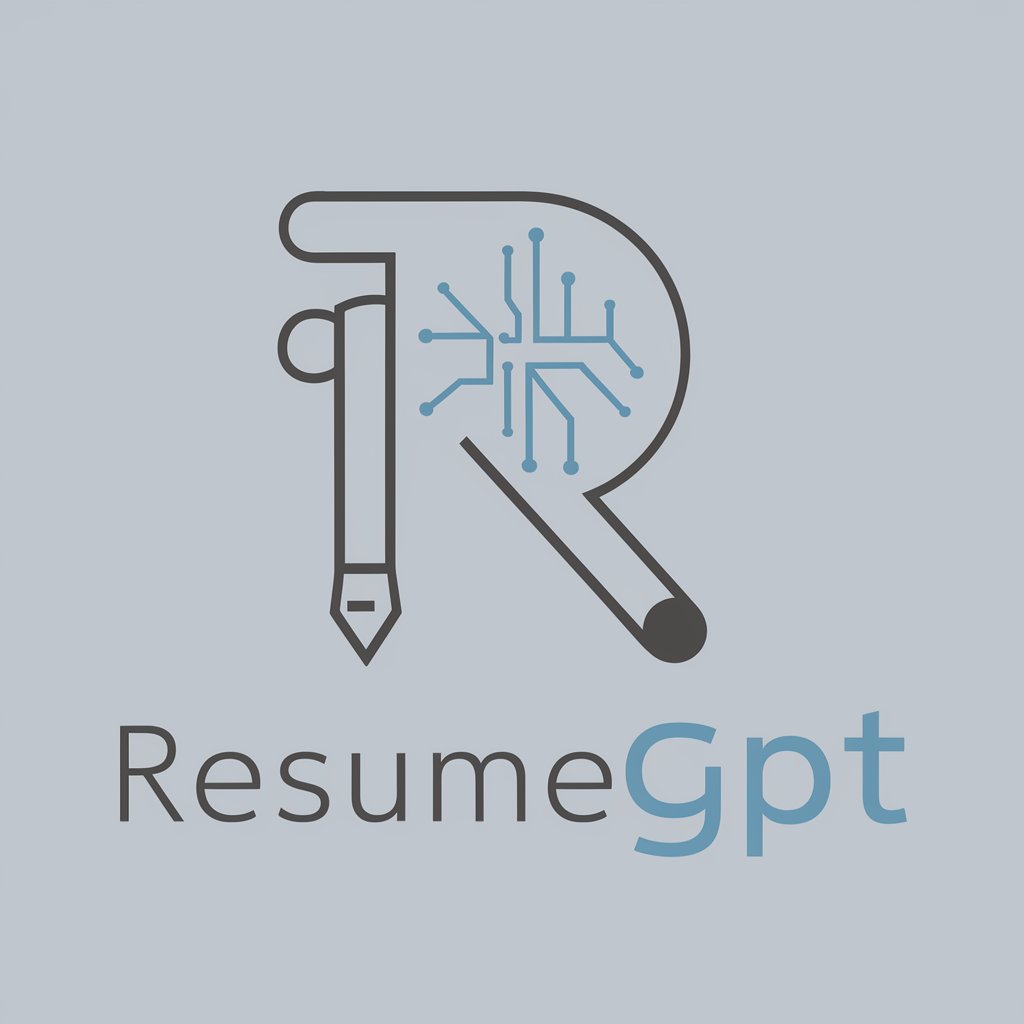
RazorGPT
Simplify Decisions with AI-Powered Insights
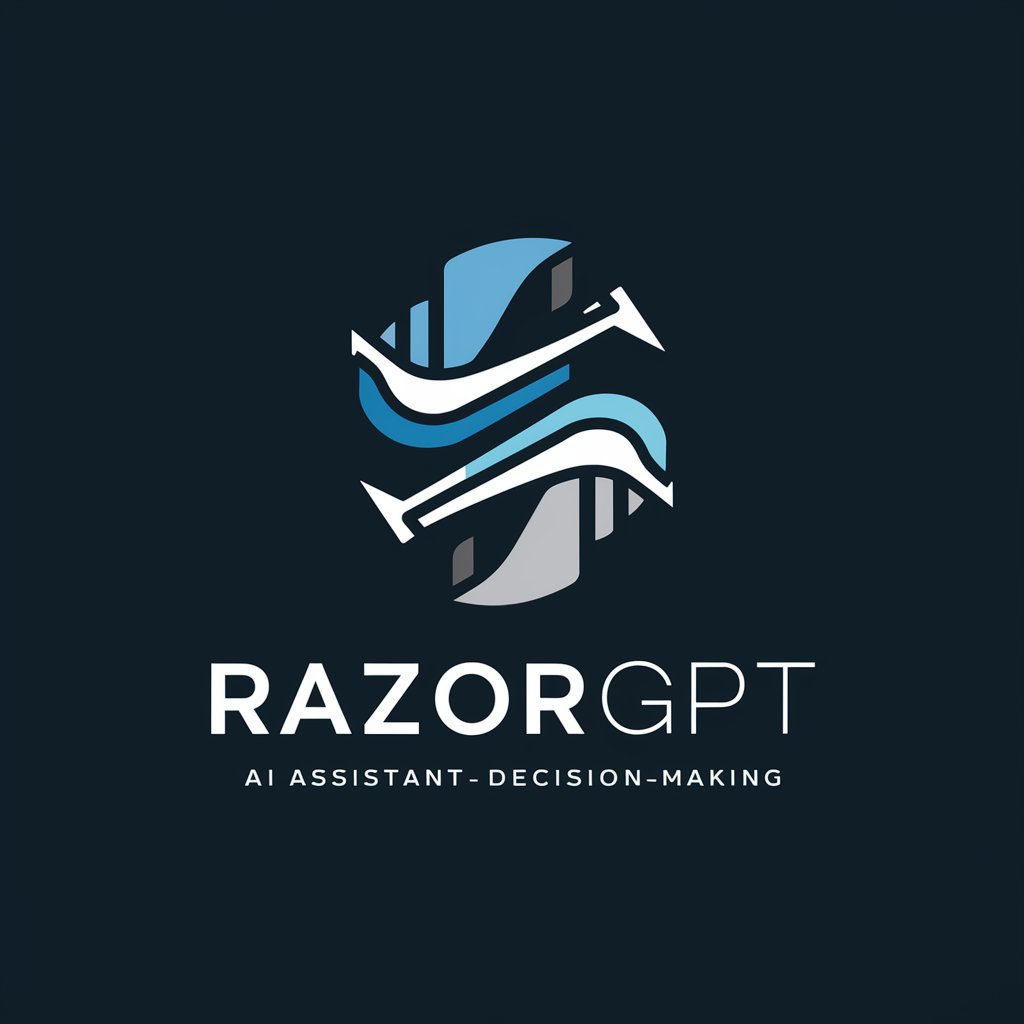
ToastmakerGPT.com
Empower Your Voice with AI
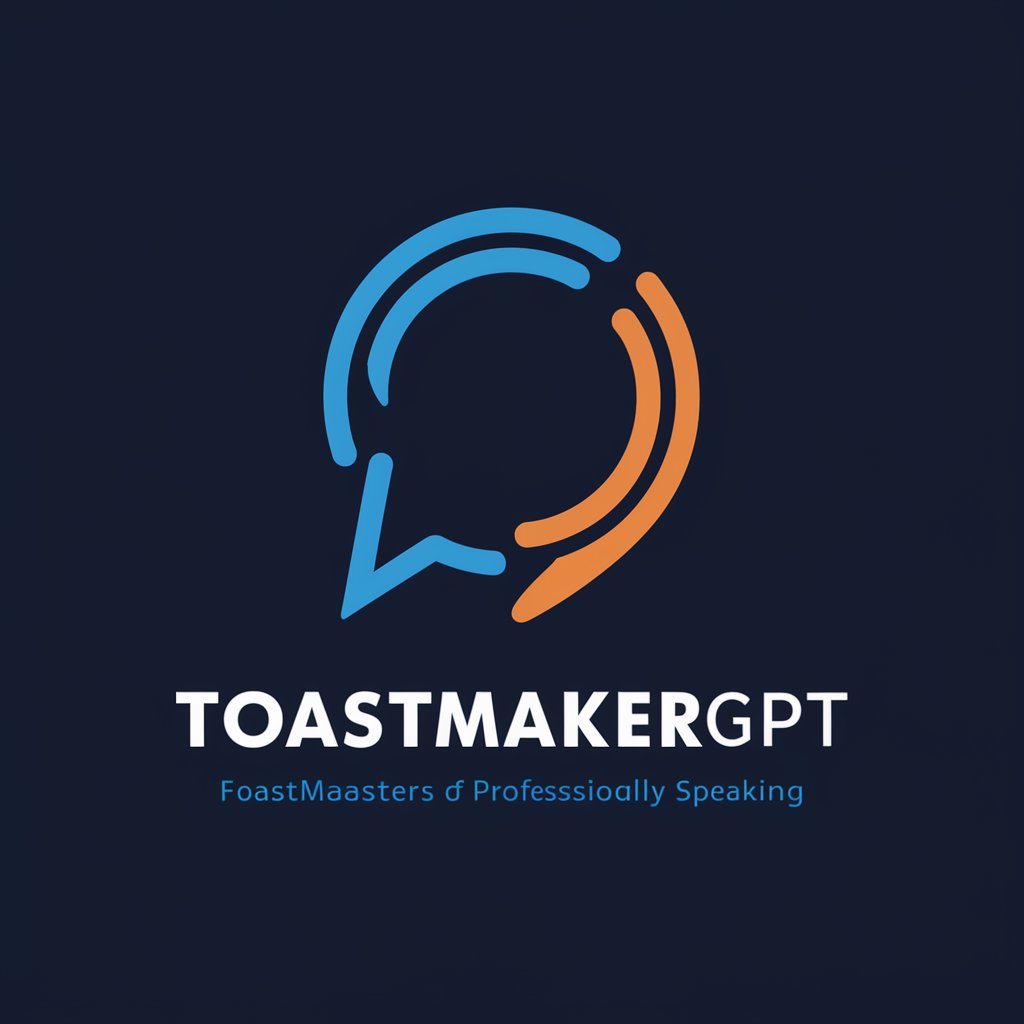
Austginal Bilingual Edufun
Empowering learning through AI interaction
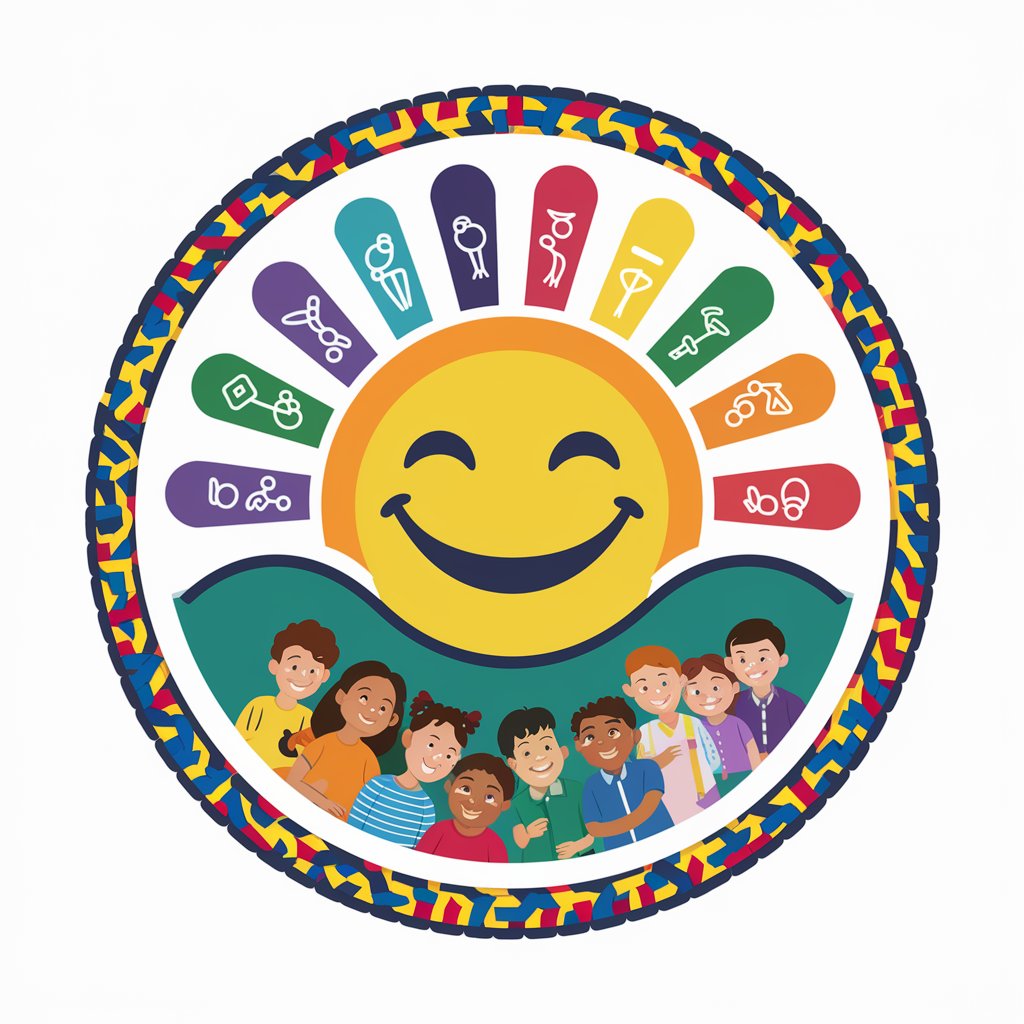
Theory of Knowledge IB 10/10 Guide
Empowering TOK Excellence with AI
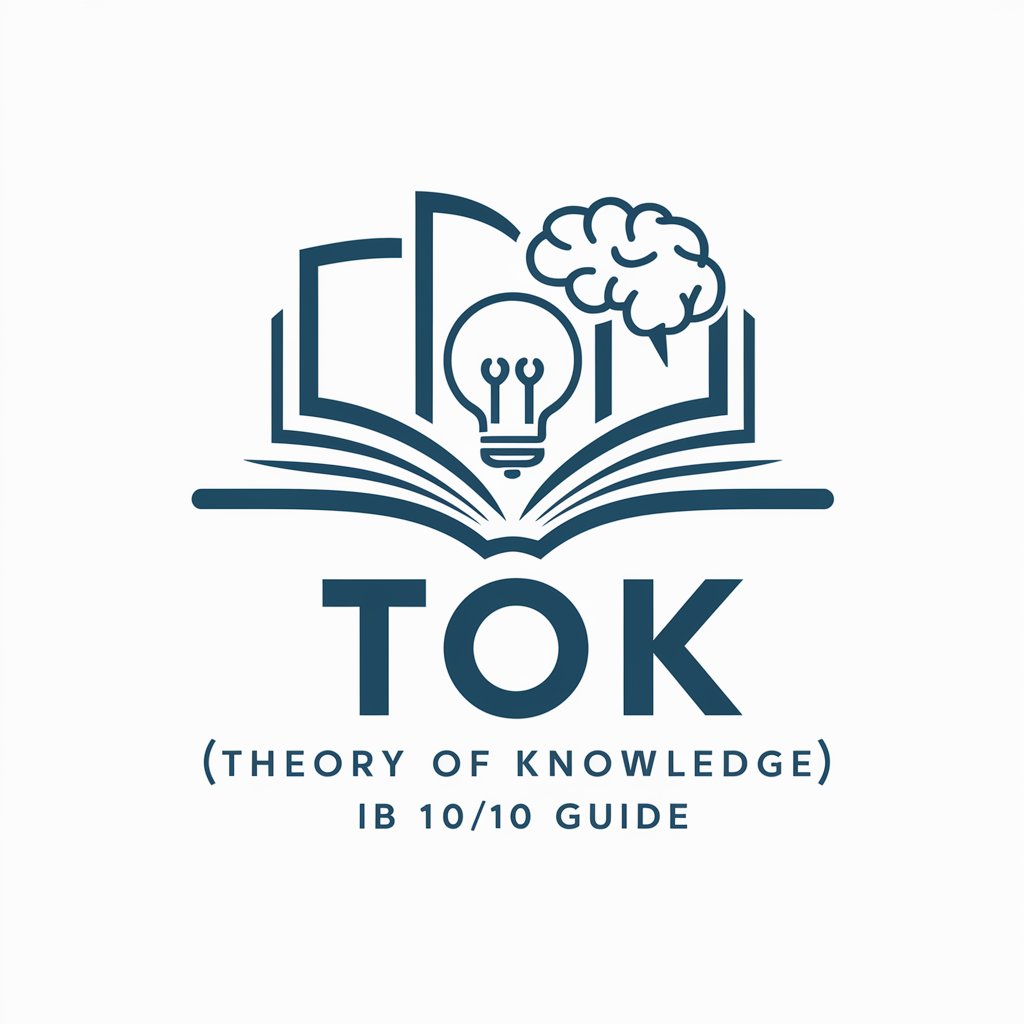
Photopea Tutorial Guide
Elevate Your Photopea Skills with AI-Powered Guidance
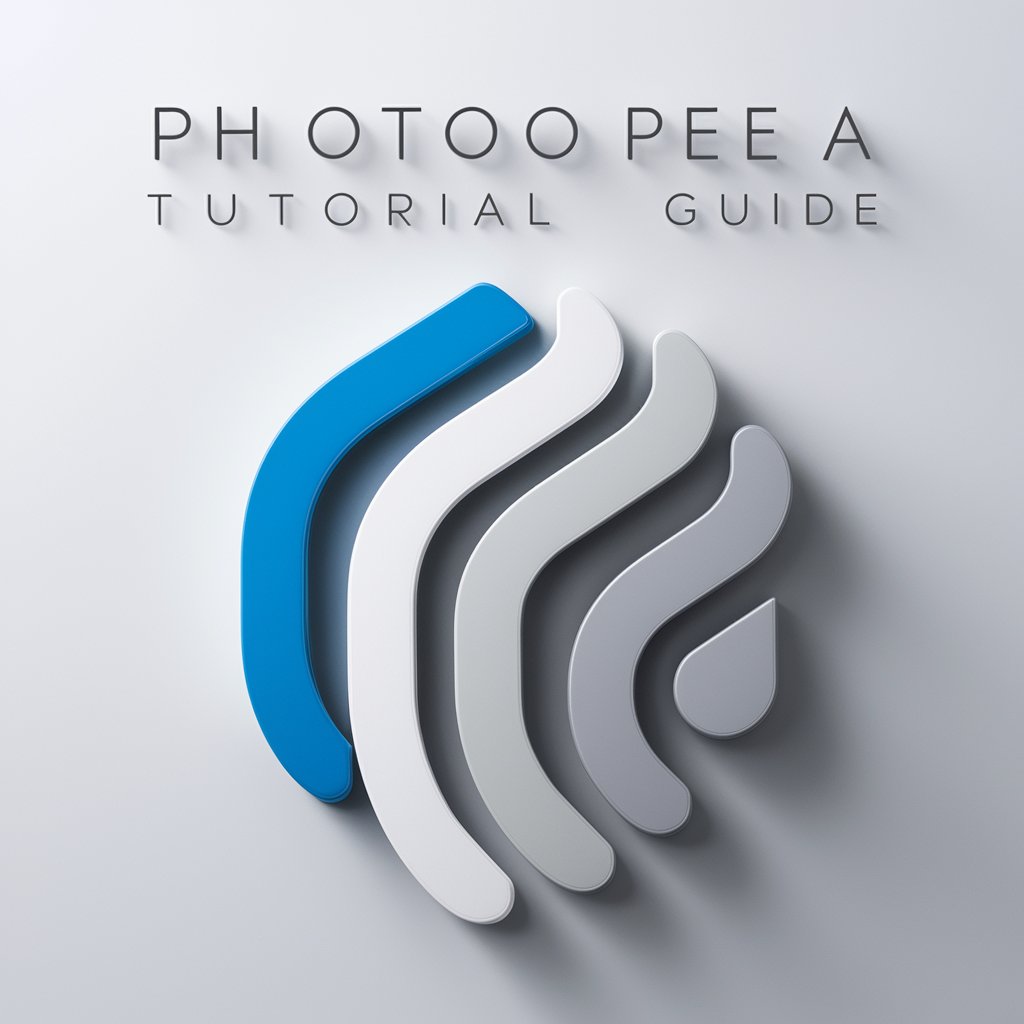
Cosmic Currents: The Electric Universe Theory
Explore Myths and Cosmos with AI
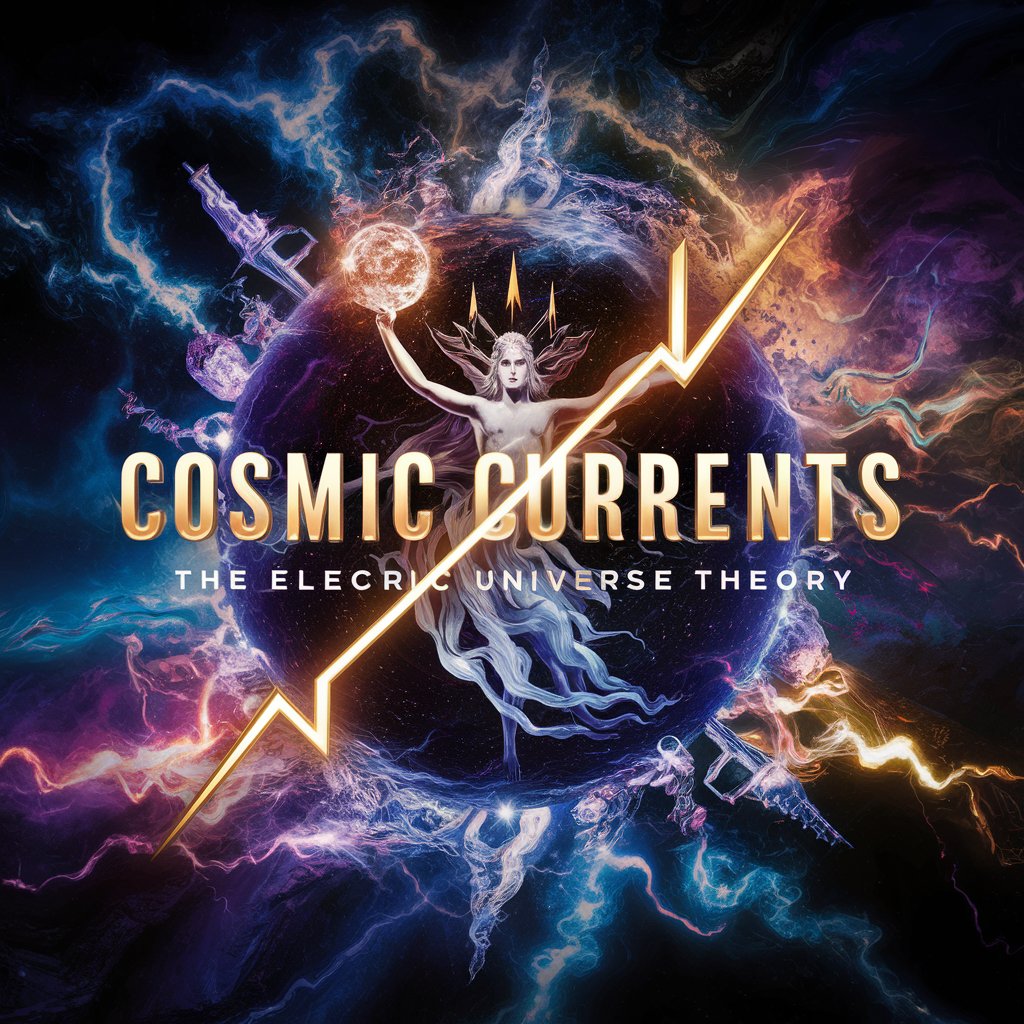
Resilience Aid
Empowering communities with AI-driven resilience strategies.

AI Chef
Savor the AI Difference in Every Dish

AI Calculator
Instant, AI-powered math solutions
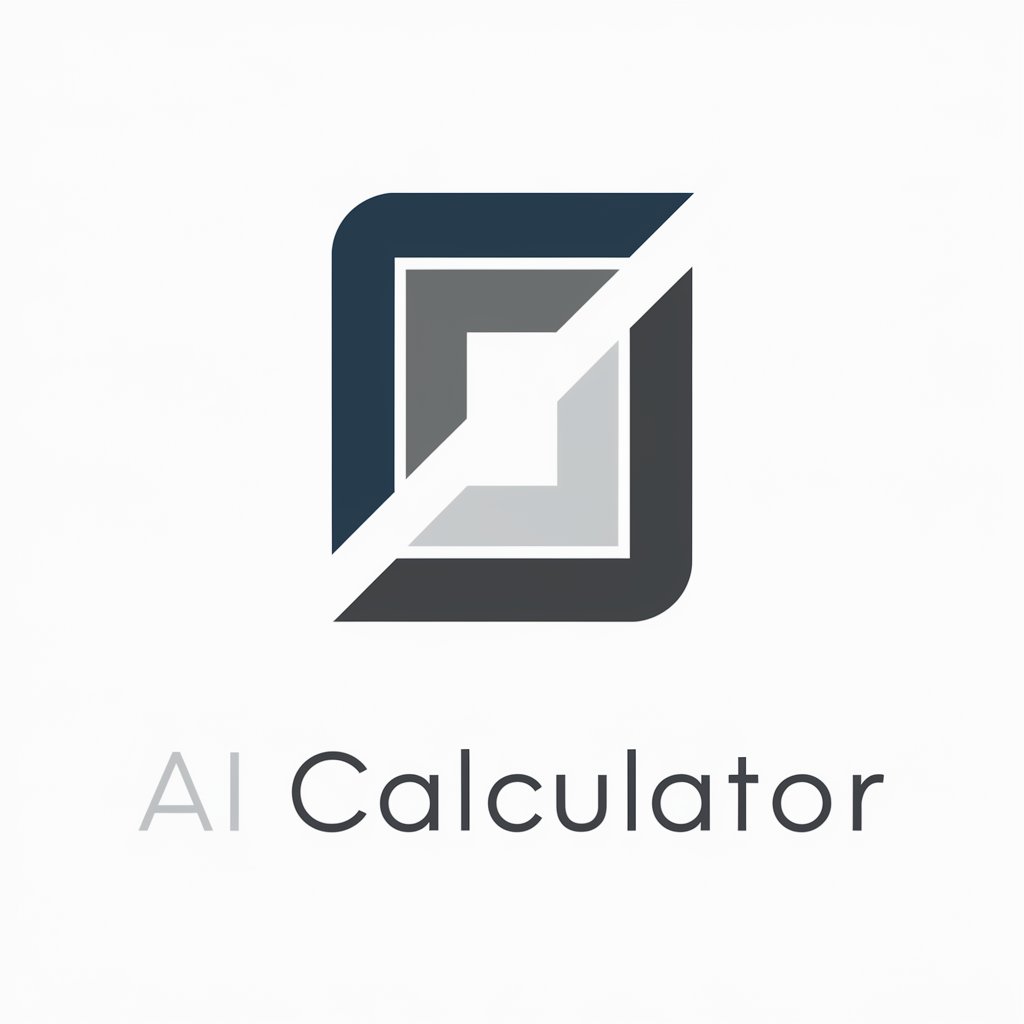
1680s Physician Q&A
What types of medical advice can the 1680s Physician provide?
The 1680s Physician offers insights based on 17th-century medical practices, including herbal remedies, bloodletting, purging, and dietary advice for various ailments, all rooted in humoral theory and traditional healing methods of the time.
Can the 1680s Physician diagnose modern diseases?
While the 1680s Physician can offer historical perspectives on symptoms and treatments, its diagnoses and recommendations are based on 17th-century medical understanding and may not align with contemporary medical knowledge or practices.
How accurate are the treatment recommendations from the 1680s Physician?
Treatment recommendations are historically accurate to the 1680s and are intended for educational or entertainment purposes. They reflect the medical theories and practices of that era and should not replace modern medical advice.
Can I use the 1680s Physician for academic research?
Yes, the 1680s Physician can be a valuable tool for academic research, providing historical context on medical practices, theories, and treatments from the 17th century, useful for historians, scholars, and students of medical history.
Is there any follow-up interaction possible with the 1680s Physician after receiving initial advice?
Yes, users are encouraged to ask follow-up questions for further clarification on treatments, historical practices, or to explore additional symptoms and conditions, enhancing the depth of their inquiry.
